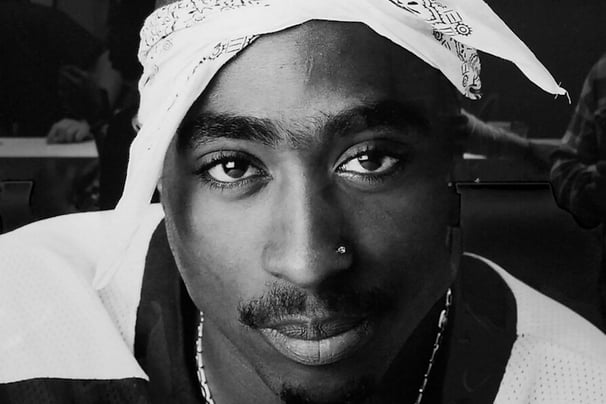The Mental Struggles of Tupac Shakur: A Legacy that Inspires Healing
THE HOPE U GIVE
Tesh
3/16/20242 min read


The Mental Struggles of Tupac Shakur: A Legacy that Inspires Healing
When we think of Tupac Shakur, we often remember him as a legendary rapper, actor, and activist. But beneath his charismatic persona, Tupac battled with a myriad of mental struggles that deeply impacted his life. As we reflect on his legacy, it becomes clear that his experiences can influence therapy designed to address these issues, both individually and as a society.
Tupac's Personal Struggles
Tupac's life was marked by a series of traumatic events that shaped his mental health. Growing up in impoverished neighborhoods, he witnessed violence, addiction, and systemic injustice firsthand. These experiences left a lasting impact on him, fueling his music and activism.
Moreover, Tupac grappled with feelings of abandonment, having lost his father figure at a young age. This sense of loss and longing for connection became a recurring theme in his music. His lyrics often expressed his vulnerability and the emotional turmoil he experienced.
Additionally, Tupac faced legal battles and constant scrutiny from the media, leading to a sense of paranoia and anxiety. These external pressures further exacerbated his mental struggles, pushing him to seek solace in his art.
The Influence on Therapy
Tupac's legacy extends far beyond the music industry. His raw vulnerability and unfiltered expression resonated with millions of people, particularly within the black community. His music became a form of therapy, offering solace and understanding to those facing similar struggles.
Therapy designed to address the mental health issues that Tupac faced can draw inspiration from his life and work. By acknowledging the impact of systemic injustice, poverty, and trauma, therapists can create a safe space for individuals to explore their own experiences.
Furthermore, Tupac's emphasis on self-expression and the power of storytelling can guide therapeutic approaches. Encouraging individuals to share their narratives and engage in creative outlets can be instrumental in healing and personal growth.
Changing Society's Perspective
Tupac's vision extended beyond his personal battles. He aimed to use his platform to bring attention to the societal issues that perpetuated mental health struggles within the black community. Through his music and activism, he shed light on the systemic inequalities that contributed to the cycle of poverty, violence, and despair.
Therapy designed to address these issues must also consider the broader societal context. By acknowledging the impact of racism, poverty, and limited access to resources, therapists can work towards dismantling these barriers and creating a more inclusive and equitable mental health system.
Tupac's legacy serves as a reminder that mental health struggles are not isolated incidents but deeply rooted in societal structures. By addressing these issues both internally and as a society, we can honor his memory and create a lasting impact on the mental well-being of the black community.
In conclusion, Tupac Shakur's mental struggles were an integral part of his life and legacy. By recognizing the impact of his experiences, therapy can be tailored to address these issues and provide healing for individuals who relate to his music and personal journey. Moreover, his activism inspires us to challenge the societal factors that contribute to mental health struggles within the black community. Tupac's legacy lives on, reminding us of the power of vulnerability, self-expression, and the need for change.
Contact
Please send an inquiry using the contact form and you should hear back within 3-5 days.
Existing clients, feel free to text/call me.


Artesha Williams, LCSW
All Copyrights Reserved.
